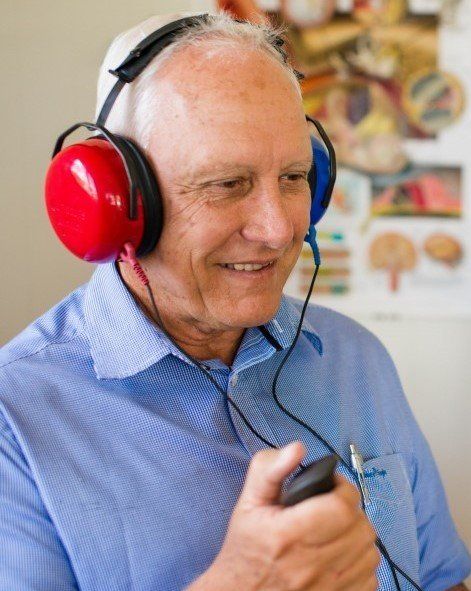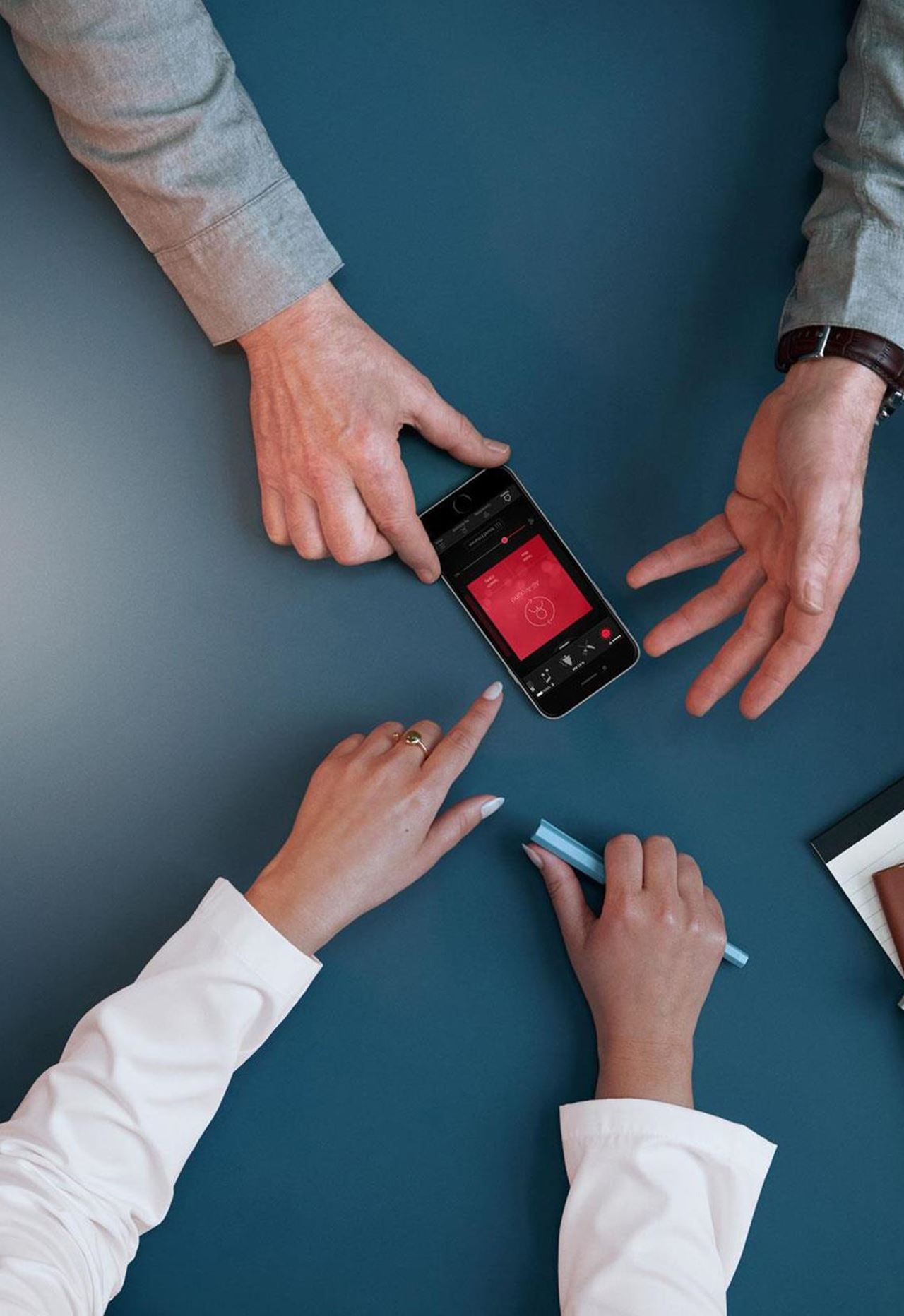The Process
Screening Test
If you've never had your hearing tested before, a screening test is an ideal first step. It doesn't take long - just fifteen minutes - and comprises a short medical history, a physical examination of your ears and a quick check of your hearing levels over a range of important speech frequencies. This gives you a clinically accurate snapshot of your hearing and allows us to advise whether there's anything that merits further investigation.


Full Hearing Consultation
This is appropriate for those who already have a confirmed hearing loss - either by our screening or by being tested before (many of our patients already have NHS hearing aids). During the consultation, we take a fuller medical history, spend time discussing your specific difficulties (with the aim of tailoring a solution to your individual needs) and test the full range of speech frequencies. As appropriate, we may also perform additional testing, for example to assess your ability to hear speech in background noise. We then give a clear explanation of your hearing test results.
What happens then is up to you. Some patients - particularly those with previous experience of using hearing aids - simply want to discuss options such as fitting style and technical features, with a view to ordering their new hearing aids straight away. In other cases, it may be more appropriate to take advantage of a free hearing aid trial. This involves fitting you with a pair of RIC hearing aids and allowing you to use them - free of charge and without obligation - for a week or two. As well as giving you the opportunity of experiencing first-hand the potential benefits of having your hearing aided, the hearing aids also record useful data regarding the kind of listening situations you face in a typical week. This provides us with really useful information to help us advise you more accurately about what standard of technology you need in order to meet the demands of your lifestyle.
Fitting appointment
Depending on the type of hearing aids you've chosen, either one or two weeks after the hearing test, you'll be fitted with your new aids. We'll make sure they fit comfortably and carry out calibration tests and adjustments to make sure you're getting the best possible benefit from them, ensuring that the sound is both clear and comfortable. We routinely perform Real Ear Measurements during fittings, which is recognised as the best way of ensuring that the hearing aid settings are as accurate as possible. We'll also spend as much time as necessary going over the practical issues involved with using your hearing aids daily: how to get them in and out of your ears, cleaning, changing batteries, etc. Only when you're completely confident handling your new aids do we let you loose to use them.


Follow-up
Two weeks after fitting we see you again to check how everything's going. This gives you the opportunity to have any teething problems addressed, now that you've had a couple of weeks living with your hearing aids. It's not unusual to make adjustments to the sound settings at this point in response to your comments. We'll schedule another appointment about a month later to check the effect of any adjustments. It can take a while to adjust to using hearing aids, especially for the first time, so we'll make additional follow-up appointments in the early weeks as necessary, depending on how well you're progressing. In most cases though, two follow-ups are all that's required.
Ongoing aftercare
Once you're up and running, we aim to see you a minimum of once a year for a routine check-up. However, in practice most patients will contact us more frequently than this for help with various issues (usually related to inadequate cleaning of their aids!). For the lifetime of your hearing aids you can contact us any time, and we'll schedule an appointment to address any problems you may be having. We don't charge for this: you get free support and aftercare for as long as you have your hearing aids.



